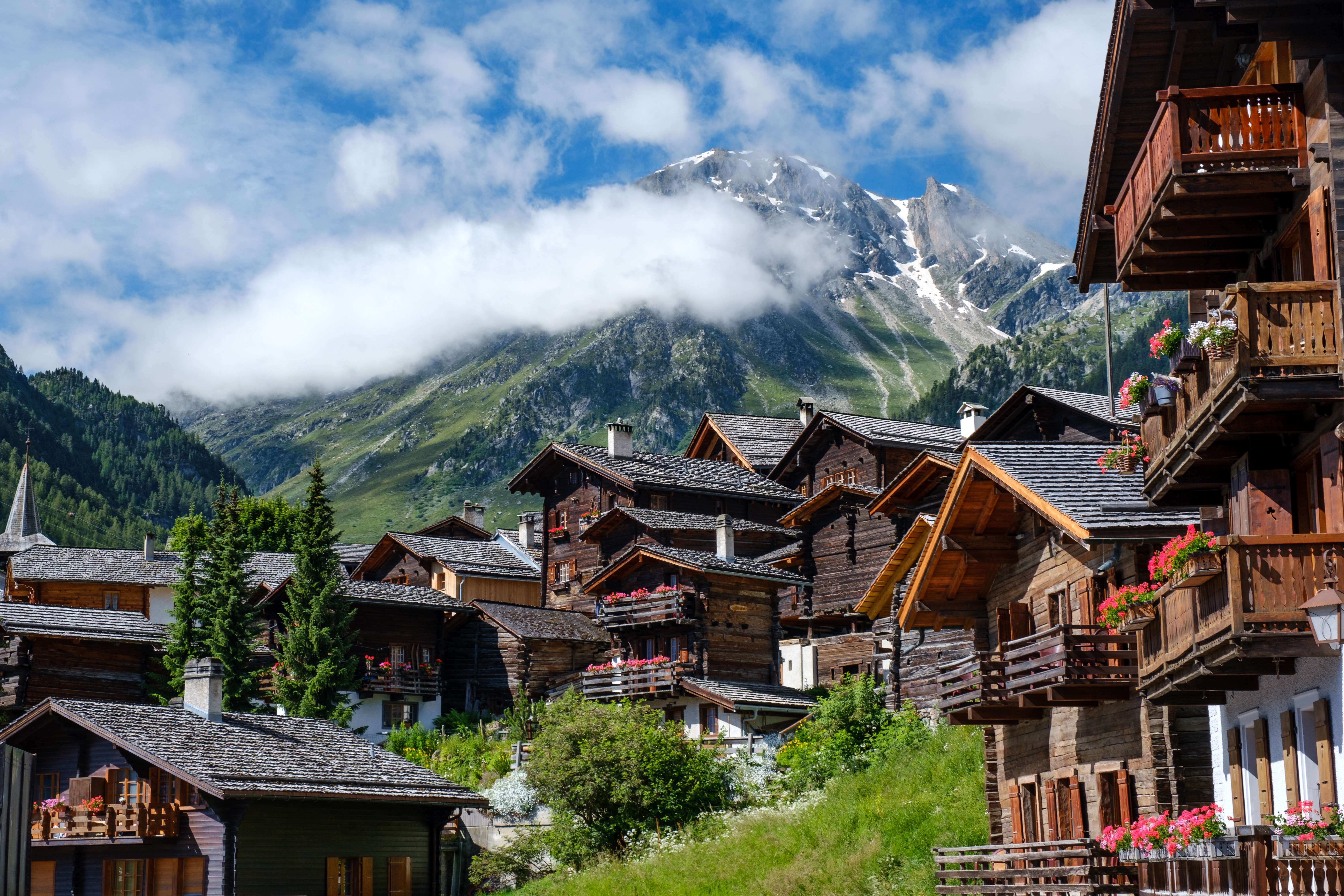Gentlemen’s Guide: Bangkok’s 5 Best Barber Shops
These top 5 barber shops in Bangkok are where gentlemen can elevate ...

Resonance Consultancy, the firm behind World Best Cities, thinks it knows and has just revealed its Europe’s 100 best cities for 2023.
Instead of measuring data around livability or how easy it is to bike in the city, Resonance utilises a combination of core statistics like GDP and homicide rates as well as qualitative evaluations from both locals, expats, and visitors to achieve a more comprehensive illustration of Europe’s best city. According to Chris Fair, president and CEO of Resonance Consultancy, “It’s not just the best city to live, work or to visit. It’s taking a cross section of all those factors.”
There are no core statistics for reasons in choosing a city to live, work, visit, or anything related to experiential quality like culture, shopping, or restaurants. Therefore, Fair explained “what distinguishes our rankings is that we are mining user-generated data in channels like TripAdvisor and Yelp to measure those experiential factors.”

Koktail enjoys reading lists like these and others with top 50 this and that and finds them harmless fun. Scroll down to the top 10 and maybe there are few surprises other than Resonance really does seem to like Switzerland.
Grouped into six categories, the cities were ranked on the below factors:
This takes into account weather, safety, sights and landmarks, and the number of parks and outdoor activities recommended by locals and visitors.
This considered educational attainment by evaluating the percentage of population with a bachelor’s degree or higher and the percentage of citizens participating in the labour force.
This includes experiences in the areas of culture such as performing arts, nightlife, dining, and shopping which are also recommended by locals and visitors.
This is where attractions and museums are considered, including each city’s infrastructure and institutions. Airport connectivity, university ranking, and the size of the local convention centre all come into play.
This evaluates the number of Global 500 corporate headquarters located within each city, the GDP per capita, the income equality index, and the unemployment rate. Although travellers would not consider prosperity as a factor when choosing a destination, Resonance believes that this factor could attract more people to live in these cities, leading them to more economic growth and development.
Apart from relying on user-generated data from locals and visitors, online popularity is also a consideration. This is based on the number of Facebook check-ins, Instagram hashtags, Google searches, TripAdvisor reviews that are shared online about each city as well as how popular each city was in Google Trends over the past year.

According to the list, London is at the top for attracting tech giants like TikTok and Instagram, its newly extended underground network, and big-name restaurant openings. Paris came in second place for its aim to become a more walkable city and its impressive rail infrastructure. Smaller but mighty Amsterdam came in third which got the nod for its housing projects and for being at the forefront of sustainable tourism.
Here’s the top ten list of Europe’s best cities of 2023, according to Resonance:
To view the full report of Resonance’s 100 Best European Cities 2023, click here.
These top 5 barber shops in Bangkok are where gentlemen can elevate ...
Wandering around the globe, try out the signature tastes of cultures across ...
We asked Thai actresses and got real stars, fictional heroes and everything ...
Pets, as cherished members of our families, deserve rights and protections that ...
Sailorr and Molly Santana’s black grills fuse hip-hop swagger with homage to ...
VERY THAI: In this regular column, author Philip Cornwel-Smith explores popular culture and topics ...
Wee use cookies to deliver your best experience on our website. By using our website, you consent to our cookies in accordance with our cookies policy and privacy policy